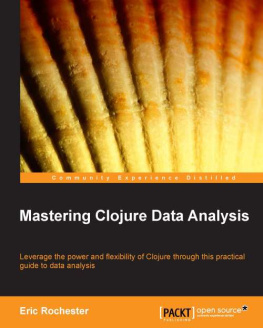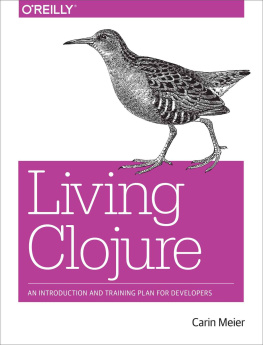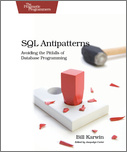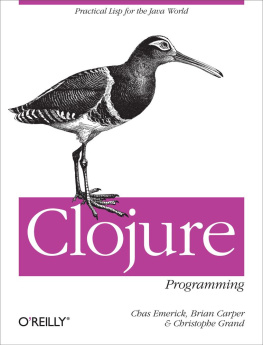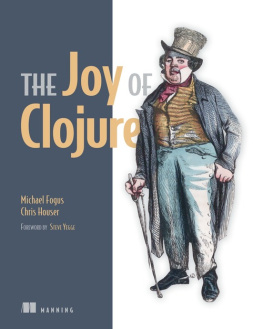He started his technical career at Britain's largest telecoms provider, BT, working with a traditional data warehouse infrastructure. As a part of a small team for 3 years, he built sophisticated data models to derive insight from raw data and use web applications to present the results. These applications were used internally by senior executives and operatives to track both business and systems performance.
He then went on to co-found Likely, a social media analytics start-up. As the CTO, he set the technical direction, leading to the introduction of an event-based append-only data pipeline modeled after the Lambda architecture. He adopted Clojure in 2011 and led a hybrid team of programmers and data scientists, building content recommendation engines based on collaborative filtering and clustering techniques. He developed a syllabus and copresented a series of evening classes from Likely's offices for professional developers who wanted to learn Clojure.
Henry now works with growing businesses, consulting in both a development and technical leadership capacity. He presents regularly at seminars and Clojure meetups in and around London.
Acknowledgments
Thank you Shubhangi Dhamgaye, Meeta Rajani, Shivani Mistry, and the entire team at Packt for their help in bringing this project to fruition. Without you, this book would never have come to pass.
I'm grateful to Dan Hammer, my Packt reviewer, for his valuable perspective as a practicing data scientist, and to those other brave souls who patiently read through the very rough early (and not-so-early) drafts. Foremost among these are lonore Mayola, Paul Butcher, and Jeremy Hoyland. Your feedback was not always easy to hear, but it made the book so much better than it would otherwise have been.
Thank you to the wonderful team at MastodonC who tackled a pre-release version of this book in their company book club, especially lonore Mayola, Jase Bell, and Elise Huard. I'm grateful to Francine Bennett for her advice early onwhich helped to shape the structure of the bookand also to Bruce Durling, Neale Swinnerton, and Chris Adams for their company during the otherwise lonely weekends spent writing in the office.
Thank you to my friends from the machine learning study group: Sam Joseph, Geoff Hogg, and Ben Taylor for reading the early drafts and providing feedback suitable for Clojure newcomers; and also to Luke Snape and Tom Coupland of the Bristol Clojurians for providing the opportunity to test the material out on its intended audience.
A heartfelt thanks to my dad, Nicholas, for interpreting my vague scribbles into the fantastic figures you see in this book, and to my mum, Jacqueline, and sister, Mary, for being such patient listeners in the times I felt like thinking aloud. Last, but by no means least, thank you to the Nuggets of Wynford Road, Russell and Wendy, for the tea and sympathy whenever it occasionally became a bit too much. I look forward to seeing much more of you both from now on.
About the Reviewer
Dan Hammer is a presidential innovation fellow working on Data Innovation initiatives at the NASA headquarters in the CTO's office. Dan is an economist and data scientist. He was the chief data scientist at the World Resources Institute, where he launched Global Forest Watch in partnership with Google, USAID, and many others. Dan is on leave from a PhD program at UC Berkeley, as advised by Max Auffhammer and George Judge. He teaches mathematics at the San Quentin State Prison as a lead instructor with the Prison University Project. Dan graduated with high honors in economics and mathematics from Swarthmore College, where he was a language scholar. He spent a full year building and racing Polynesian outrigger canoes in the South Pacific as a Watson Fellow. He has also reviewed Learning R for Geospatial Analysis by Packt Publishing.
Thanks to my wonderful wife Emily for suffering through my terrible jokes.
www.PacktPub.com
Support files, eBooks, discount offers, and more
For support files and downloads related to your book, please visit www.PacktPub.com.
Did you know that Packt offers eBook versions of every book published, with PDF and ePub files available? You can upgrade to the eBook version at > for more details.
At www.PacktPub.com, you can also read a collection of free technical articles, sign up for a range of free newsletters and receive exclusive discounts and offers on Packt books and eBooks.
https://www2.packtpub.com/books/subscription/packtlib
Do you need instant solutions to your IT questions? PacktLib is Packt's online digital book library. Here, you can search, access, and read Packt's entire library of books.
Why subscribe?
- Fully searchable across every book published by Packt
- Copy and paste, print, and bookmark content
- On demand and accessible via a web browser
Free access for Packt account holders
If you have an account with Packt at www.PacktPub.com, you can use this to access PacktLib today and view 9 entirely free books. Simply use your login credentials for immediate access.
For Helen.
You provided support, encouragement, and welcome distraction in roughly equal measure.


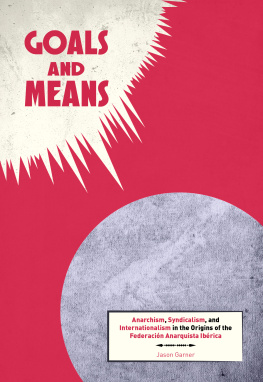
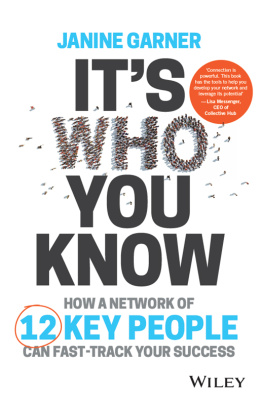
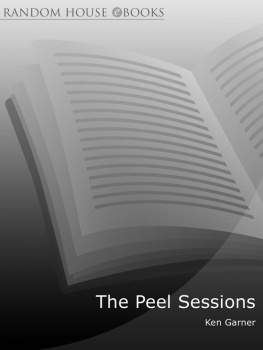
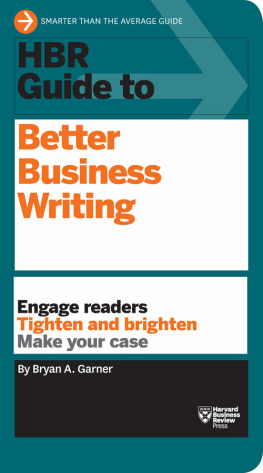
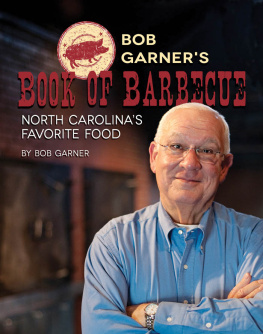
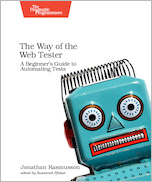
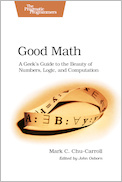
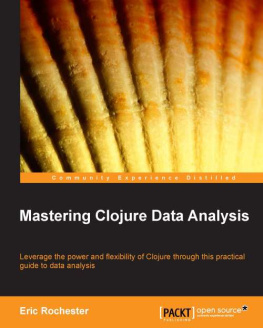
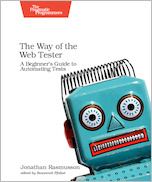
![Henry Garner [Henry Garner] - Clojure for Data Science](/uploads/posts/book/119600/thumbs/henry-garner-henry-garner-clojure-for-data.jpg)

